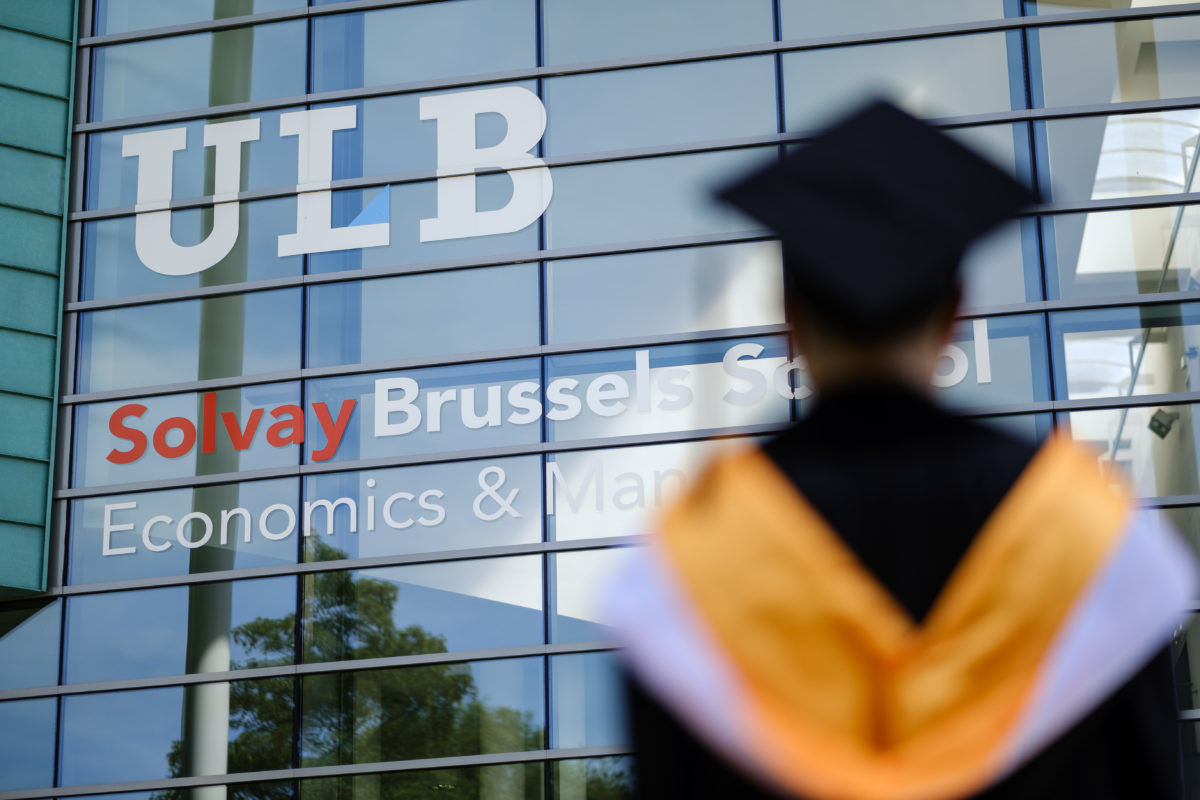Internal governance and organisation
The school is governed by a council (the Faculty council), which the Dean chairs and in which all full-time and affiliate faculty participate, alongside representatives of the teaching assistants and researchers, of the students and of the administrative staff. The Faculty Council sets the strategic orientations and the budget and approves all proposed appointments and programme changes.
The Dean appoints Vice and Deputy Deans and Directors to assist him in his mission.
Research and development is supervised by the Research Committee and chaired by the Vice Dean for Research. It is organised in 5 centres, which host all faculty members and manage their respective budgets and administrative staff. Each centre appoints its representatives to the Executive Committee.
Statefunded programmes are managed by the Programmes Committee, chaired by the Director of Undergraduate Programmes.
Faculty Management is placed under the authority of the Dean and the Vice Dean of Academic Affairs, who supervise recruitment, promotion and workload management processes.
Solvay Executive Education (SEE) is organised as a separate legal entity. The SEE Board validates the strategic direction and programme portfolio, controls the budget and delegates the day-to-day management to the Deputy Dean for Executive Education.
Shared Services were created in 2013. They cover common support functions for both state-funded and privately-funded operations: financial supervision, communication, career services, corporate alliances, accreditations, international relations and the Dean’s Office.

